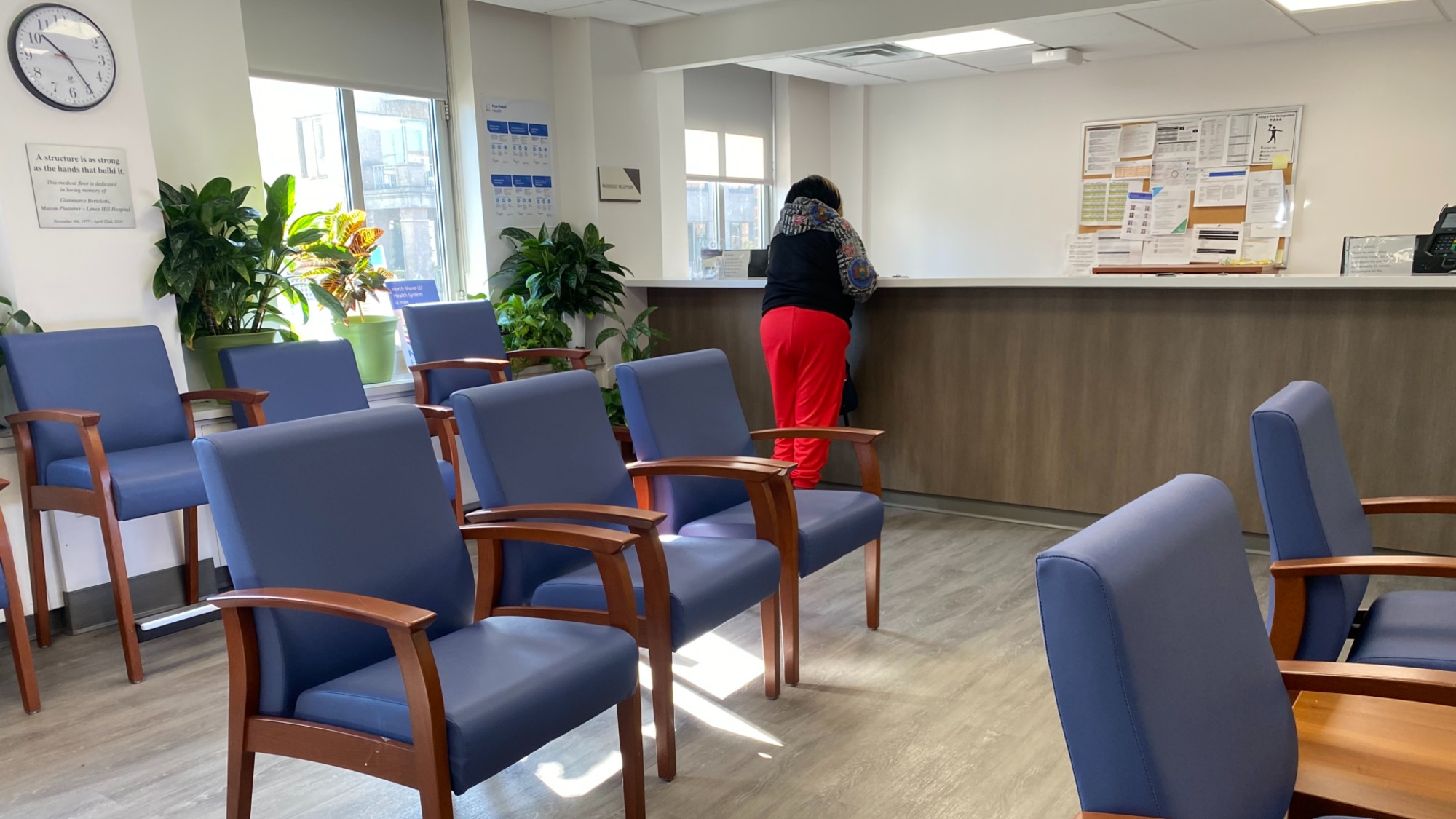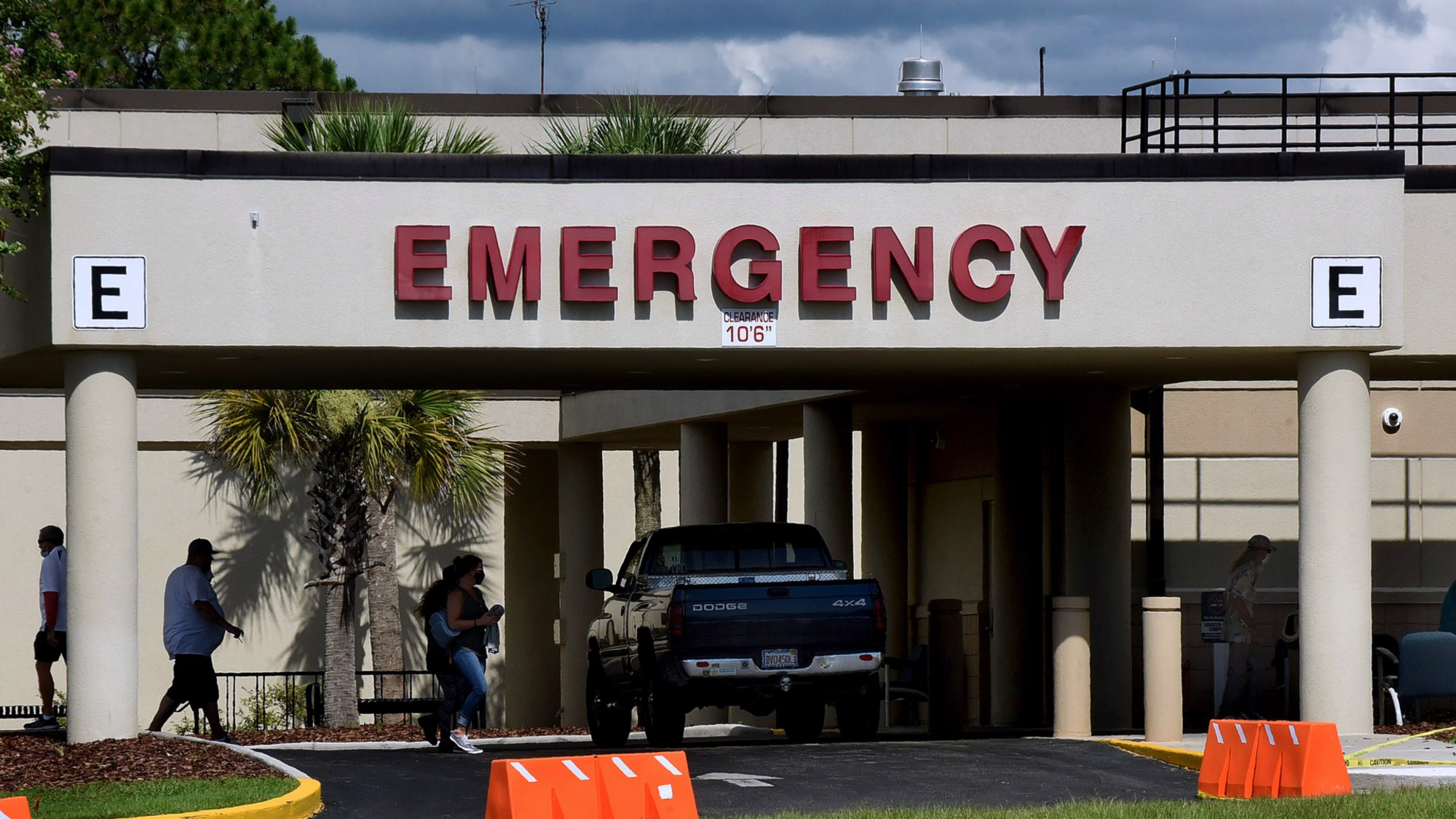The pros and cons of retail health care
Traditional retailers are expanding their offerings to provide consumers with low-cost, convenient health care alternatives


A free daily email with the biggest news stories of the day – and the best features from TheWeek.com
You are now subscribed
Your newsletter sign-up was successful
In collaboration with health startup Sesame, retail behemoth Costco will now offer its members access to outpatient medical services, including virtual primary care visits, for only $29, CNN reported.
In a press release, Sesame said Costco members will now have access to low-cost health care providers within their direct-to-consumer marketplace in all 50 states. The company does not accept health insurance "because it primarily caters to uninsured Americans and those with high-deductible plans who prefer to pay cash for their health care," CNN summarized. The company added that its model keeps prices reasonably low for its users.
The partnership now brings Costco in line with competitors like Amazon, Walgreens, Walmart, and CVS Health, all of which are "directly providing health care to customers as the demand for urgent care access outside of a traditional hospital setting booms," CNN noted. Whether or not retail health care reshapes the industry, it's worth weighing out the benefits and pitfalls of this increasingly popular option.
The Week
Escape your echo chamber. Get the facts behind the news, plus analysis from multiple perspectives.

Sign up for The Week's Free Newsletters
From our morning news briefing to a weekly Good News Newsletter, get the best of The Week delivered directly to your inbox.
From our morning news briefing to a weekly Good News Newsletter, get the best of The Week delivered directly to your inbox.
Pro: It makes health care more convenient
Convenience is a big selling point for retail health care. From in-house clinics in local pharmacies and shopping centers to virtual offerings and appointments, an increased variety of options is better and more convenient for those in need. Patients can make appointments online, sometimes through existing memberships, or walk into a clinic whenever they have time. Retail clinics are also occasionally open outside of typical doctor's office hours.
Con: It's not the best option for all medical issues
Retail health clinics and virtual visits may not be suitable for everyone. Suppose you are taking certain medications or have a chronic health condition. In that case, you might be better off seeking help from a hospital or a primary care physician who is familiar with your medical history. "Health care is different for older adults," Dr. Ateev Mehrotra, health care policy professor at Harvard Medical School, told the Harvard Health Blog in 2016. "The care you'll need for even a simple problem might be more complicated."
Pro: It democratizes heath care
Affordable health care that doesn't require insurance opens up care for people who otherwise wouldn't have access. This could be especially useful in areas with a deficit of hospitals or other medical providers. Dollar General recently partnered with DocGo, a mobile medical clinic company, to "test whether it could draw more customers and tackle persistent health inequities," NPR reported. Pairing mobile clinics with "Dollar General's ubiquitous small-town presence" has been applauded by "investment analysts and some rural health experts as a way to ease the rural health care drought," NPR added.
Con: 'Scattered' care can lead to mix-ups
Even if it's convenient, jumping between providers can mess up the continuity of your care, particularly if you see different people for the same problem. Retail clinics do offer to send your medical records to other providers, but oversights are still a concern. "The risk with that is, scattered care from multiple places can lead to mix-ups," Dr. Suzanne Salamon, geriatrician and assistant professor at Harvard Medical School, told the Harvard Health Blog. "And if people don’t bring their complete medication lists to a clinic, the clinic may prescribe something that will interact with medications they're taking."
A free daily email with the biggest news stories of the day – and the best features from TheWeek.com
Pro: There is transparent pricing
Transparent and fixed pricing is another draw for retail providers, particularly when high health care costs, hidden fees and unexpected medical bills are taken into account. Retail providers' prices, typically displayed on their websites, are often significantly lower than that of a primary care visit or a trip to the emergency room. This transparent and fixed pricing aligns with retailers' "efforts to act as discount superstores," which "enhances their brand value," per Fierce Healthcare.
Con: You could end up in the emergency room anyway
Retail clinics are primarily built for low-acuity ailments, so if you show up experiencing severe symptoms, you're likely to get rerouted to an emergency room or hospital anyway. This might happen in instances where the patient isn't educated on which facility is appropriate for the level of care they need, per PatientEngagementHIT. A patient in this scenario also risks receiving an "inaccurate diagnosis that then stems into further treatment-seeking following the initial urgent care visit."
Theara Coleman has worked as a staff writer at The Week since September 2022. She frequently writes about technology, education, literature and general news. She was previously a contributing writer and assistant editor at Honeysuckle Magazine, where she covered racial politics and cannabis industry news.
-
 Why is the Trump administration talking about ‘Western civilization’?
Why is the Trump administration talking about ‘Western civilization’?Talking Points Rubio says Europe, US bonded by religion and ancestry
-
 Quentin Deranque: a student’s death energizes the French far right
Quentin Deranque: a student’s death energizes the French far rightIN THE SPOTLIGHT Reactions to the violent killing of an ultraconservative activist offer a glimpse at the culture wars roiling France ahead of next year’s elections
-
 Secured vs. unsecured loans: how do they differ and which is better?
Secured vs. unsecured loans: how do they differ and which is better?the explainer They are distinguished by the level of risk and the inclusion of collateral
-
 Sepsis ‘breakthrough’: the world’s first targeted treatment?
Sepsis ‘breakthrough’: the world’s first targeted treatment?The Explainer New drug could reverse effects of sepsis, rather than trying to treat infection with antibiotics
-
 Deaths of children under 5 have gone up for the first time this century
Deaths of children under 5 have gone up for the first time this centuryUnder the radar Poor funding is the culprit
-
 Nursing is no longer considered a professional degree by the Department of Education
Nursing is no longer considered a professional degree by the Department of EducationThe Explainer An already strained industry is hit with another blow
-
 More adults are dying before the age of 65
More adults are dying before the age of 65Under the radar The phenomenon is more pronounced in Black and low-income populations
-
 Doctors sound the alarm about insurance company ‘downcoding’
Doctors sound the alarm about insurance company ‘downcoding’The Explainer ‘It’s blatantly disrespectful,’ one doctor said
-
 Private equity firms might be causing more deaths in hospital ERs
Private equity firms might be causing more deaths in hospital ERsThe Explainer Deaths in ERs purchased by private equity firms rose 13%
-
 Why the FDA wants to restrict kratom-related products
Why the FDA wants to restrict kratom-related productsIn the Spotlight The compound is currently sold across the United States
-
 A disproven medical theory could be guiding RFK Jr.'s health policy
A disproven medical theory could be guiding RFK Jr.'s health policyThe Explainer The miasma theory is one of the oldest medical beliefs in history
